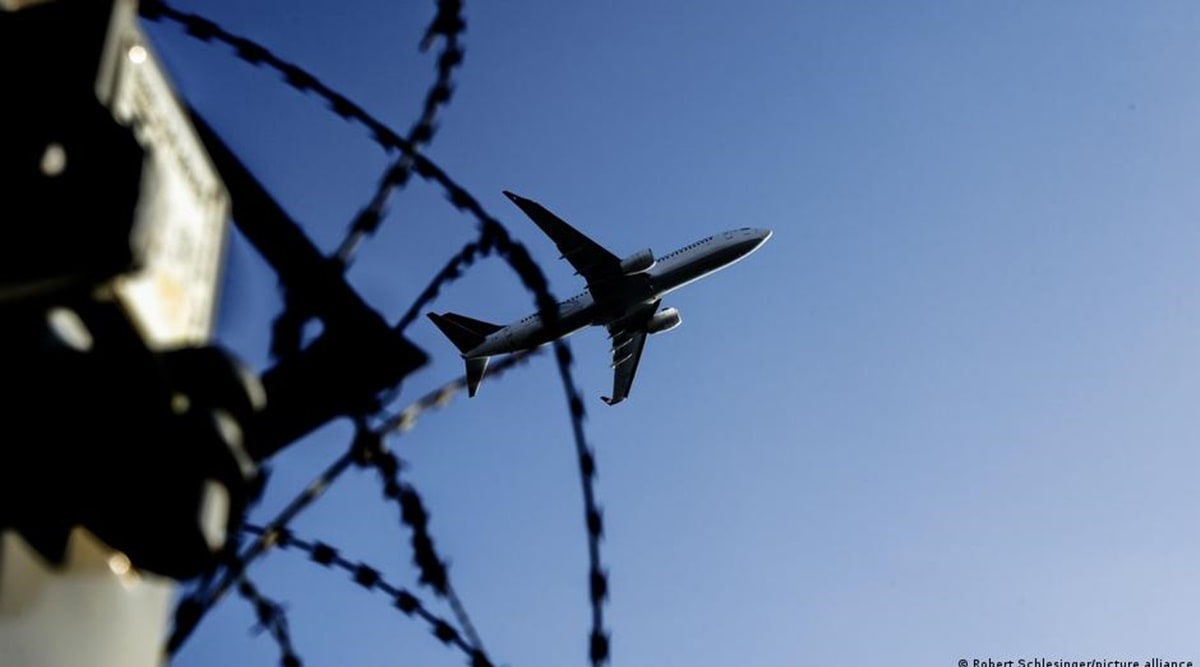
PARIS, July 5 (NNN-AGENCIES0 — France has deported more than half the people it defined as radical Islamists living in the country without a valid residence permit in the last three years. Now it wants to extend the penalty and even deport more.
When the French Interior Minister Gérald Darmanin summoned the country’s regional prefects in June, his message was clear. The authorities in France’s regions had to take swift, decisive action against foreigners who committed crimes. Residence permits should be reviewed, and more offenders should be deported if they had committed particularly serious crimes, such as second-degree murder, drug trafficking, and rape as examples.
Even if they are not immediately deported, people who have committed a criminal offense in France receive a letter telling them what the state expects of them.
Every year, the French Republic takes in people from other countries. One of the conditions for this is strict compliance with the rules and laws that govern its territory,” the newspaper Le Journal du Dimanche quoted from a template of the letter, which concludes with a warning: “Any further crime will lead to a re-examination of your residence status, which could result in your being required to leave France.”
In parallel with this initiative, the government also released new figures on deportations. There are around 23,000 names on France’s Watch List for the Prevention of Terrorist Radicalization (FSPRT). Of the 1,115 people recorded there whose residence status was irregular, the statistics show that 601 foreigners were deported back to their home countries over the past three years – i.e. more than half. Of the remaining 514 “potential terrorists,” a large number are currently serving prison sentences or are in custody pending deportation.
More than 250 people have been killed in terrorist attacks in France in recent years. Regional governments of various political persuasions have responded by introducing tougher laws. But the issue of deportation has become more controversial, in part because the standard profile of such an attacker has changed.
And it’s not just the large number of people on the list of “potential terrorists” that’s stretching the French surveillance system to the limit. Experts are also concerned that the perpetrators of the most recent attacks were not on the intelligence services’ radar at all. Chechen-born Abdoulakh A. was unknown to them before he murdered the history teacher Samuel Paty in October 2020, as was the Tunisian assassin who killed three people in a church in Nice not long afterwards.
Another Tunisian attacker, a 36-year-old who stabbed and killed a police administrative worker at a police station in Rambouillet last April, was also previously unknown to authorities.
It remains to be seen whether the deportations will effect a lasting improvement in France’s tense security situation. They should at least relieve the burden on the authorities in the short term. — NNN-AGENCIES



